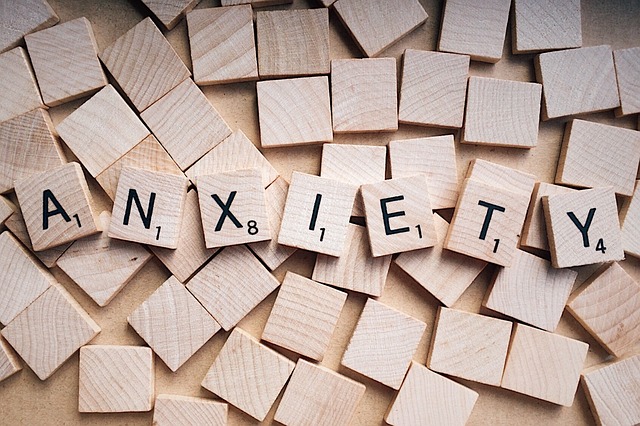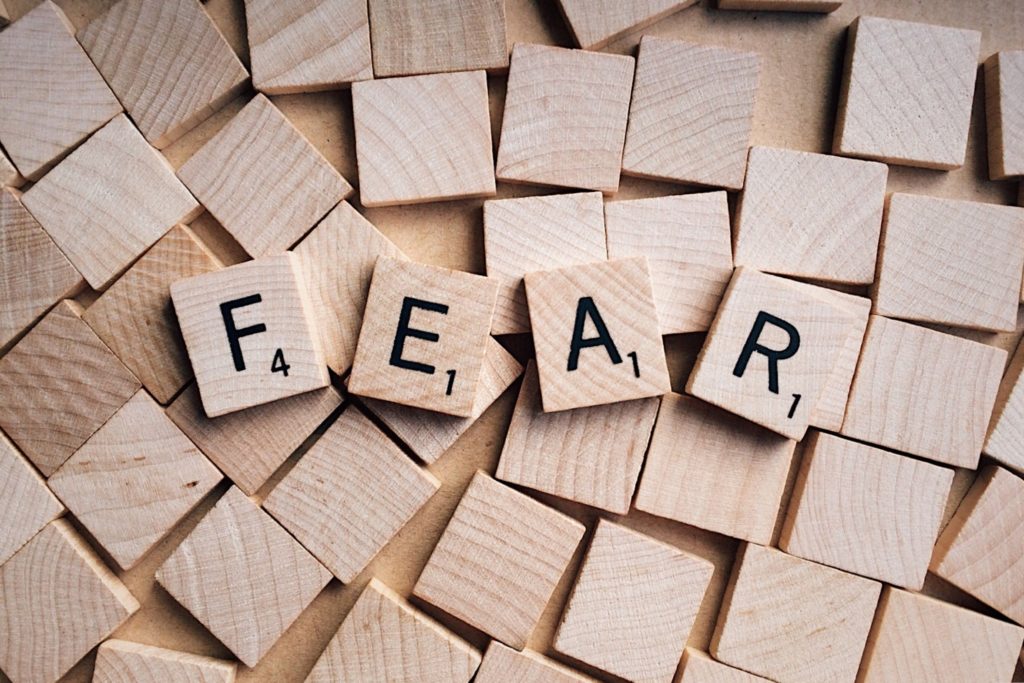It is perfectly normal to feel a little anxious in some situations. You may feel nervous about meeting a new person or starting a new job. There is nothing wrong with this. However, if a fear of social situations has started to disrupt your life it may be time to do something about it. There are many different types of anxiety and they all have different causes and affect you in different ways.
If you are turning down many invitations to social events because your anxiety is stopping you from being able to go, it is time to take steps to find the cause of this issue and sort it out.
Social anxiety and its causes
Social anxiety is very common mental health disorder. It is estimated that around 15 million American adults suffer from it. It is sometimes called social phobia and is basically an extreme fear of social settings.
It is common for the symptoms to start in adolescence but it is rare for sufferers to seek help for the issue straight away. It takes, on average, 10 years before someone with social anxiety will ask for help.
If you have social anxiety, you will find talking to people, meeting new people, and attending social gatherings extremely difficult. You have a very heightened awareness and fear that you are being judged by others. Even though you may accept that your fears are irrational, there is still nothing that you can do to stop them happening. The fear of being negatively evaluated is so acute it gets out of control.
However, the anxiety is not always generalized. It can be a fear of a single circumstance. This could be making a phone call or giving a presentation whilst you are not anxious at all about leading an exercise class or performing on-stage. Others have a performance-focused form of social anxiety disorder which is an intense fear of giving a presentation in class or at work yet they are happy to attend a social situation and meet new people in a party.
People who have social anxiety are not shy! The condition is far more debilitating than mere shyness. At its worst, it can disrupt your ability to hold down a job or attend school or university. It can also impact on your relationships with people outside your family.
As with many mental health issues, the cause of your particular social anxiety can be difficult to pinpoint. For some people, social anxiety is triggered by biological or physical causes. Something happens that makes it difficult for them to interact in social situations. Hearing loss is a typical example of this. If you are avoiding meeting up with friends in noisy environments like restaurants because you struggle to join in conversations it is time to do something about it. This cause of anxiety can be tackled with hearing amplifiers which use state-of-the-art digital processing. Because they have multiple program settings there is no feedback and no compromise on quality. Also, the device is so discreet it will not make you feel self-conscious in social situations and you can start to socialize once again.
It is suspected that there are genetic and environmental factors that play a role too. It could be an experience that you have been through or you may be more susceptible if another family member also suffers from it. There may be issues in childhood that cause it as it usually begins at around 13 years of age but younger children can also have it. In children, the symptoms look a little different. They may refuse to speak in social situations or may exhibit selective mutism.

Signs that you are suffering from social anxiety disorder
There are so many people who are struggling with this disorder but have not yet put a name to it. If you find that you have any of the following issues it may indicate that you are suffering from social anxiety disorder:
- You have a fear of being visibly nervous in front of others. This becomes a self-fulfilling prophecy. You are nervous about appearing nervous and that makes you even more nervous! You would love to come across as supremely confident and laid back but you can’t.
- You get extremely anxious just before social situations where you will have to interact with people or where you are required to put on some sort of ‘performance’ such as talking in public.
- You worry a lot that you will have nothing to say and that there will be awkward silences.
- You are avoiding face-to-face interactions with people as much as you can. This is amplified these days because you can hide behind technology and limit your communications to text and social media
- You feel nervous about eating in public or in front of people who are not your close family
- You have started to rely on alcohol or drugs to give you the courage to face social situations or even to go to work
When people with anxiety say that they feel nervous this is a lot more than a slightly dry throat and a few butterflies in the stomach. If you have true social anxiety, you may experience powerful physical symptoms before or during social situation itself. You may blush and sweat and this adds to your anxiety because you worry that other people will notice. You may actually tremble and feel sick whilst your heart races and your chest feels tight. This can feel like you are having a heart attack but it is actually a panic attack which is a very overwhelming and frightening experience. You may breathe rapidly, become short of breath and feel dizzy or have a headache.
Eventually, the fear of these symptoms is enough to make you feel anxious and you enter a vicious circle. The issue is persistent and uncontrollable. Unfortunately, social anxiety disorder will not go away over time. It is not something that will rectify itself and you need to do something about it.
Eventfully, if left untreated, it can cause serious consequences including chronic loneliness and low self-esteem which can culminate in clinical depression. Your school, college or work performance will suffer, your relationships will be damaged and you may turn to substance misuse to get you by. This has further physical and emotional health consequences.
When you have social anxiety disorder you feel powerless and alone and friendships or romantic relationships may be impossible. Social anxiety disorder does not always occur on its own. It can combine with generalized anxiety disorder (GAD), panic attacks, agoraphobia, and even obsessive-compulsive disorder (OCD).
However, people with social anxiety disorder are more likely to suffer from depression, alcohol abuse, and are more likely to attempt suicide.
Treatment for social anxiety
There are very effective treatments for social anxiety but that does not mean that it will be easy to find the treatment that suits you. Everyone is different. The treatment that works for one person, will not be effective for another. You may have to try several before you find what works.
There are many therapies that you can try and cognitive-behavioral therapy (CBT) is popular and well-established. It works by focusing on behavior patterns. You will be taught skills during therapy session and then you need to practice them repeatedly between sessions. This ‘homework’ is what really makes the difference. You are encouraged to read about the problem and keep records on your progress. It is important that you take ownership of the issue and do not rely on others to sort it out. This is the key to you regaining control of the situation and improvement is usually seen within four months.
Exposure therapy is a special form of CBT. You will be gradually and carefully exposed to what is making you anxious so that you less sensitive over time.
If your anxiety is very severe, you may need to take some medication to allow you to fully participate in the therapy. Medication treatment for anxiety is very common and it has been shown to be very effective for many people. You will probably be offered a selective serotonin reuptake inhibitor, a serotonin-norepinephrine reuptake inhibitor, a tricyclic antidepressant or benzodiazepine. Your doctor will pick the medication that is most suitable for you.
You may start on a low dose and then increase it or you may need to switch medications if they are not working. It can take a while to get the dose right. You may only be on the medication for a short while and you and your doctor can decide when would be the best time to stop taking them.
Some medication has side effects such as headaches, nausea, sleeplessness or drowsiness or weight gain. However, your doctor may be able to help with these. If you have concerns about your medication, it is very important that you talk to your doctor about it and do not just stop taking it. Once you and your doctor are happy with your progress, you will be able to stop the medication gradually and in a controlled way.








Speak Your Mind